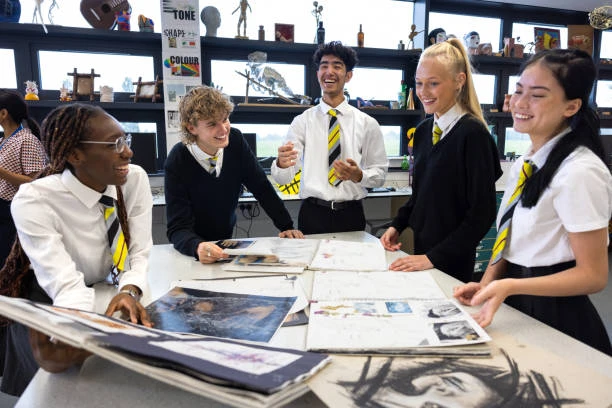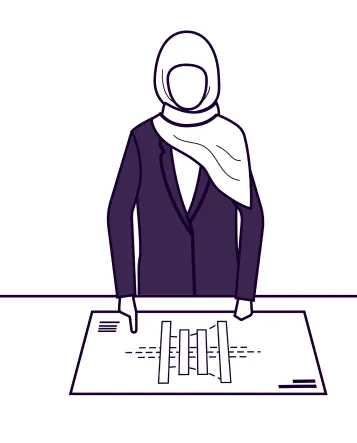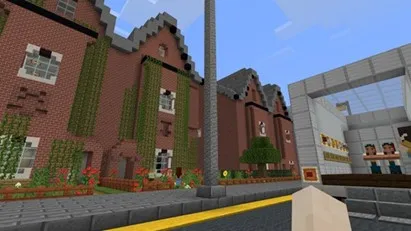
Being safe online
This page contains information about where to find information, advice and support on online safety.
Help and advice for adults from the experts
NSPCC
The NSPCC website contains a range of advice for adults and children. Including advice on what to look out for, actions adults can take to keep children safe and information about technology that students use.
Go to the NSPCC websiteThere is also a helpline where you can speak to the NSPCC about any issues that you or your child are experiencing and get advice and support from safeguarding experts.
Childline website
Internet Matters website
Childnet website
GOV.UK - Keep your child safe online
Enspire City and Online Safety
providing a safe environment to explore careers in Engineering

Skills Miner and Online Safety
safe gaming experiences to explore problems solving and careers in Engineering
Our Skills Miner games have been designed with online safety in mind:
- Produced in the Education version of Minecraft where online safety is promoted and activity stays within the software to protect students from harm
- Students will play the games without sharing any personal or identifying information
- Students do not communicate with each other within the games reducing the risk of cyberbullying
- We do not track cookies or analytics within the games.
- We provide advice on this site about keeping students safe


